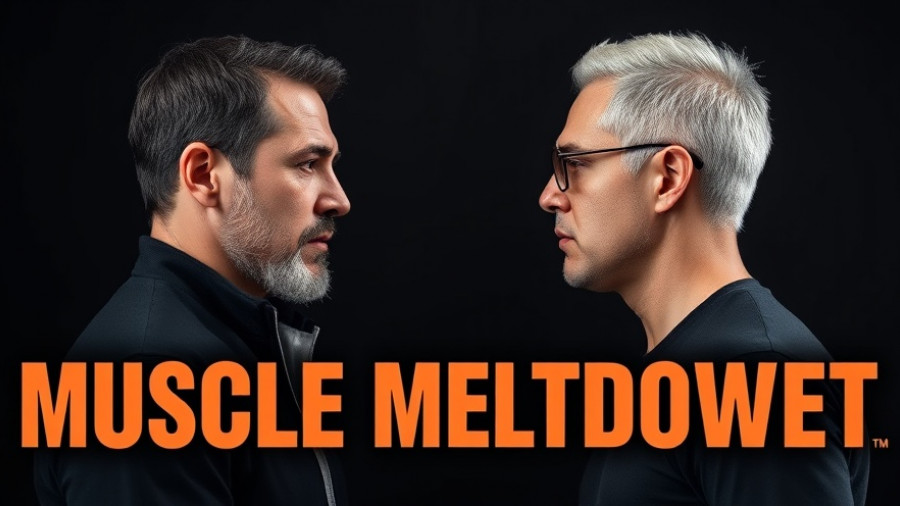
Redefining Weight Loss: Beyond Caloric Math
In today's world of health and wellness, the age-old mantra of 'eat fewer calories than you burn' for weight loss has long been accepted as gospel. However, recent evidence suggests that this method may not be the universal solution we've been led to believe. The video titled Cutting calories DOES NOT help you lose fat captures this transformative perspective, emphasizing that weight loss is not merely about calorie counting—it’s about the source and type of those calories.
In Cutting calories DOES NOT help you lose fat, the discussion dives into the often-overlooked factors that truly influence weight loss, prompting a deeper examination of our dietary habits and nutritional choices.
Calories and Hormones: A Complex Relationship
To illustrate, consider two individuals who each consume 500 calories. One opts for nutrient-rich steak and eggs, while the other settles for cereal and orange juice. Both meals present the same caloric intake on the surface, but their impact on the body drastically diverges. While the cereal can spike blood sugar and trigger an insulin response that encourages fat storage, the protein and healthy fats from steak stabilize blood sugar levels and promote fat burning. This vital difference highlights how food quality is paramount in our metabolic processes.
The Bigger Picture: Hormonal Response Over Caloric Intake
It’s essential to understand that our bodies are not merely mathematical equations. They respond to the hormonal signals prompted by the types of foods we consume. According to experts, foods rich in sugars and processed carbohydrates may lead to insulin spikes that complicate our wellness goals. A diet oriented towards low-glycemic foods could assist in mitigating these spikes, fostering a more optimal weight loss environment without the crippling need to count calories.
The Essentials of a Balanced Lifestyle
In this age of biohacking and human optimization, focusing on what you eat is crucial for long-term success in managing weight and overall wellness. Strategies like intermittent fasting, which has gained traction in longevity science, can complement a diet focused on high-quality nutrients. Drawing on elements such as sleep optimization and mindfulness meditation enhances not just physical, but also mental well-being, driving us toward our best selves.
With so many tools available in the realm of nutrition and wellness, it’s vital to adopt a holistic approach. Emphasizing quality over quantity can expedite the journey toward your health goals—one that not only celebrates achieving a desired weight but also promotes sustained energy and vitality.
Considering the importance of understanding how the quality of food influences hormonal balance and overall well-being, now is the time to reassess your dietary approach. Recognizing the interconnectedness of food, hormones, and overall health can illuminate a path to better living.



Write A Comment